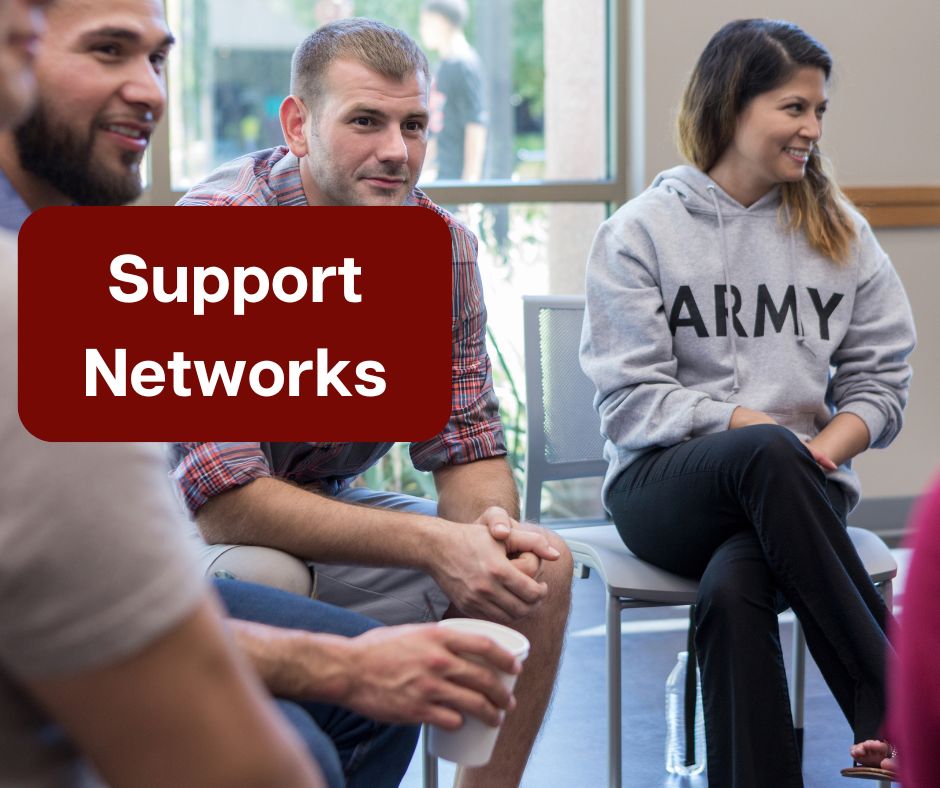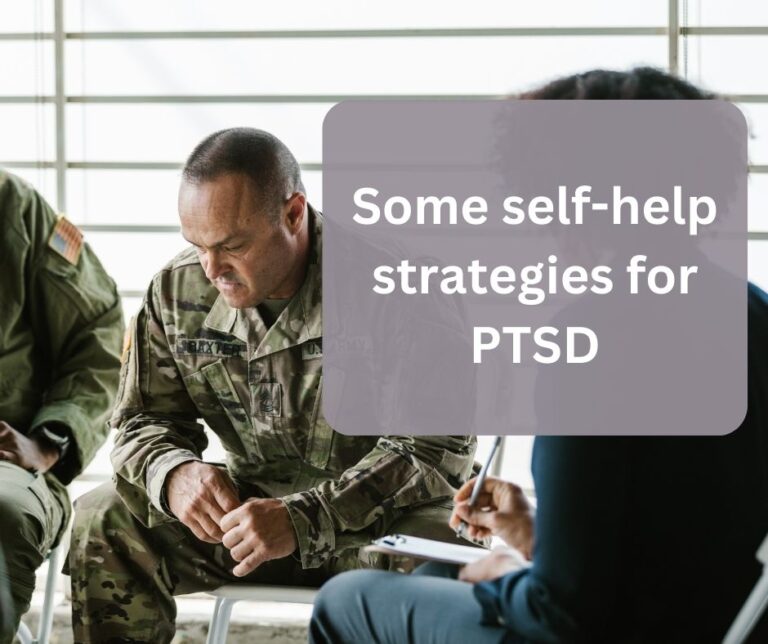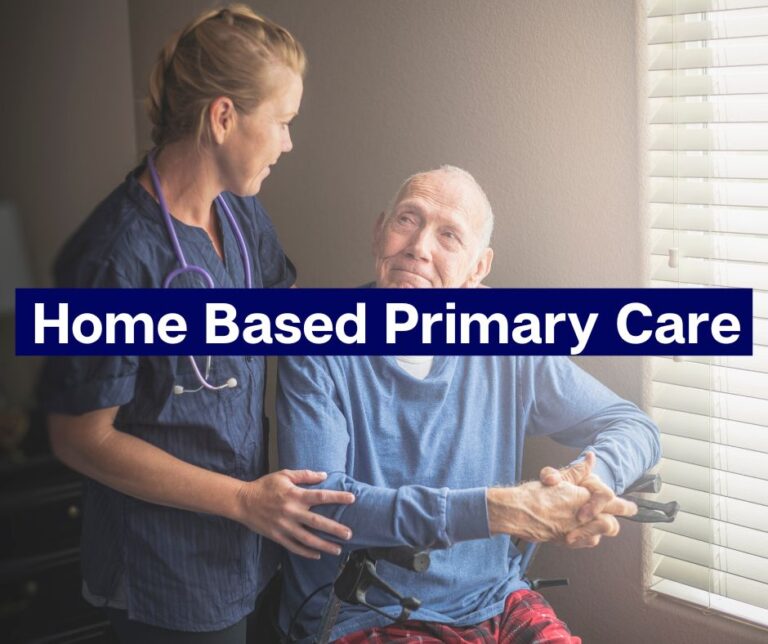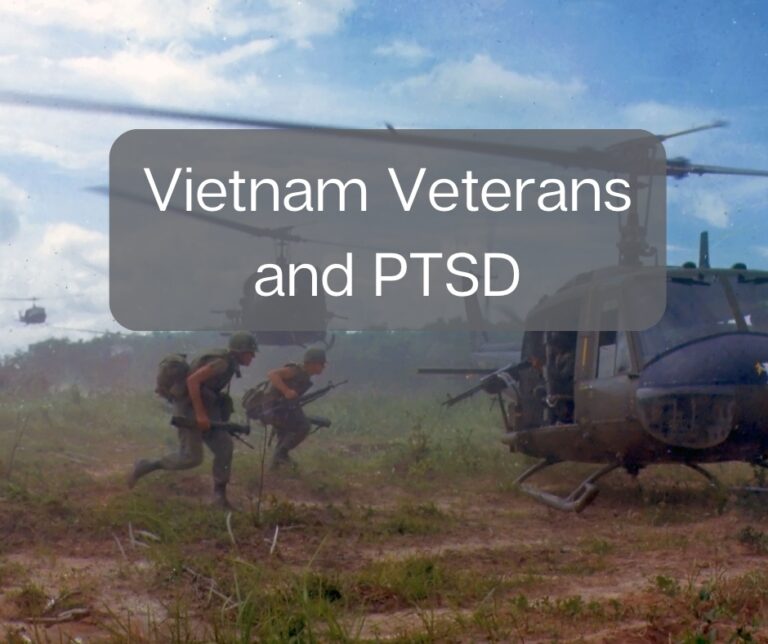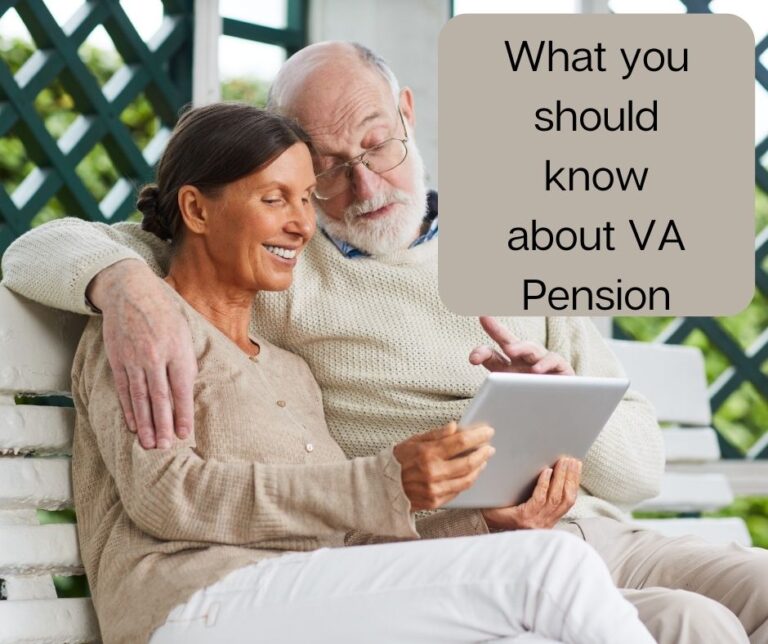Beyond the Battlefield: Discovering Lifelong Veteran Support Groups
No one can do it all alone. Humans are social by nature. Even a veteran who says they would rather be alone does better with a support network. And for veterans, the best support network is usually made up of other veterans. We all speak the same language, and it is a language that civilians often don’t understand.
Support networks are necessary. They provide friendship, emotional support, mental support, and often times even physical support when the excrement hits the high speed rotary air moving device. Following are six ways that veterans can develop and nurture a support group.
Veterans Affairs (VA) Services:
The VA provides tailored services for veterans and their families, including mental health support, counseling, and assistance with physical disabilities.
Connecting with local VA offices and attending workshops or events can help build connections within the veteran community.
You can see a list of upcoming events at the VA Events page located at https://www.va.gov/outreach-and-events/events/. Some of the events are online, while others are in person.
Leverage Existing Connections:
Reach out to former military colleagues, friends, and acquaintances. These existing relationships can serve as a foundation for building a broader network. Use social media to locate and stay in touch with former military colleagues. For Veteran specific social media, you could check out RallyPoint or Together We Served. These sites are great for finding former military acquaintances.
Participate in veteran-focused events, reunions, and gatherings to reconnect with fellow service members. Some of the best places to look for veteran-focused events are your local VFW or American Legion.
Utilize Online Platforms:
Platforms like LinkedIn can help veterans connect with professionals in their field, find mentors, and explore job opportunities.
Join online veteran communities, forums, and social media groups to share experiences and seek advice. You can also look for veteran-focused blogs to engage with other veterans.
Attend Support Group Meetings:
Support groups provide a safe space for veterans and their families to share their challenges, learn coping strategies, and offer mutual support.
Participate in local or virtual support groups related to specific issues (e.g., PTSD, caregiving). Your local VA Mental Health facility or local Vet Center can provide you with a list of support groups.
Volunteer and Join Hobby Groups:
Engage in activities aligned with your interests. Join hobby groups, clubs, or volunteer organizations to meet like-minded individuals.
In addition, there are many veteran-serving organizations that you can volunteer to help. Most Veteran-serving nonprofits are local organizations that operate on a shoe-strong budget and gladly welcome veteran volunteers who can not only help with activities but can also talk to veterans who are needing the services that the nonprofit offers.
Connecting over shared hobbies or causes can foster meaningful relationships.
Be an Active Listener:
Actively listen to others. Actively listening means to pay attention to what they are saying with your whole attention. Ask questions. Be fully engaged with them. Empathy and understanding will often help someone to open up about what they need. Sometimes, just being there for someone can make a significant difference.
Offer words of encouragement and validation to those going through similar experiences. Sometimes you don’t even need to provide an answer or a possible solution to their problems. They may just need an understanding person to talk with.
Remember that building a support network takes time, but it is time well spent. The connections you create can provide friendship, as well as emotional, practical, and social support throughout your life.

